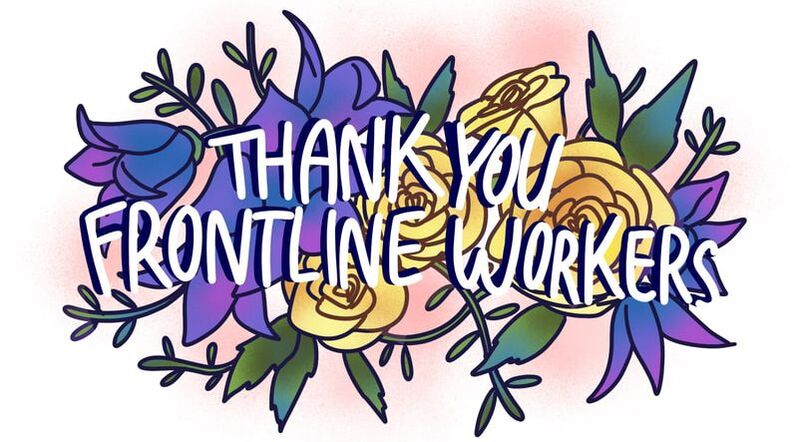Thank you to all frontline heroes.
https://time.com/collection/coronavirus-heroes/5816886/asian-american-doctor-coronavirus/
|
|
|
|
|
|
|
|
-Don't be selfish and wear a mask — be considerate of others
-Donate to organizations, especially for underserved communities!
-Send a thank you card to healthcare workers through Cards for courage.
-If you see a healthcare worker, thank them! You could help make their day.
-Stay at home and avoid non-essential interactions.
-Donate blood with Red Cross. Find out if you’re eligible to give blood and make an appointment to donate here.
Remember that healthcare workers are human too!


